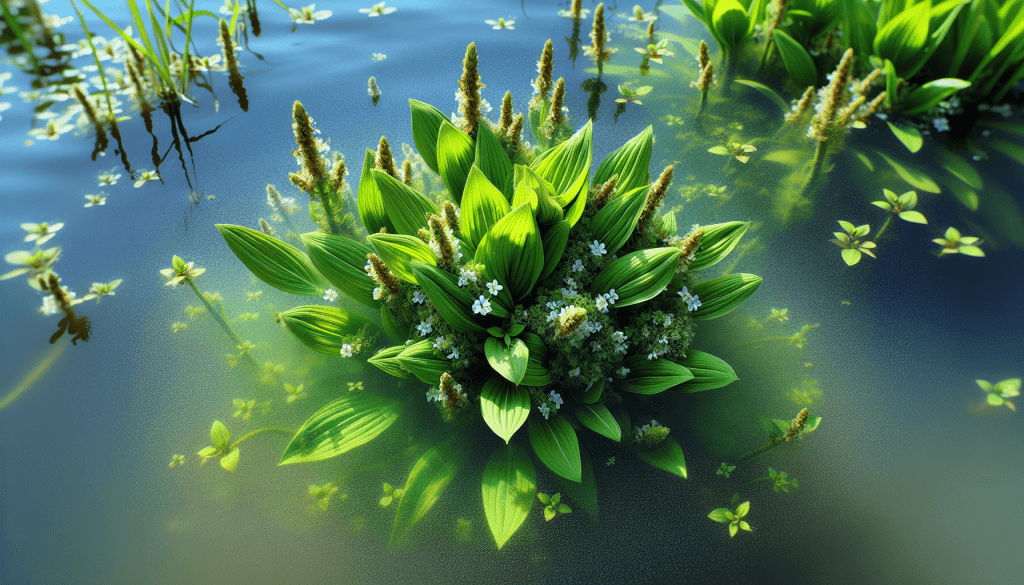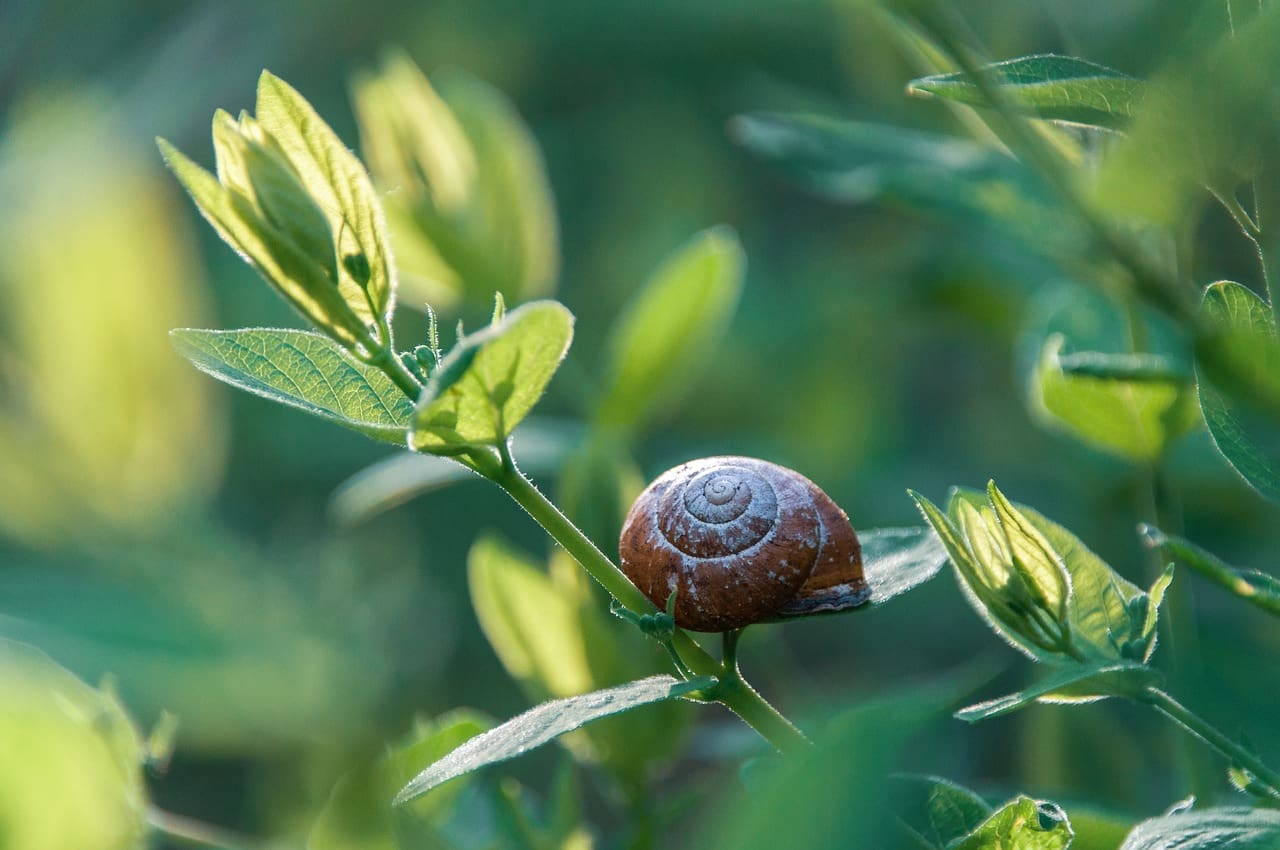Welcome to “The Top 10 Ways To Prevent Alligator Weed Invasion In Waterways”! In this friendly guide, you’ll discover practical and effective methods to keep your local waterways free from the invasive spread of alligator weed. By understanding and implementing these top 10 strategies, you can help protect your environment, maintain your community’s natural beauty, and ensure healthy ecosystems for future generations. Dive in to learn how you can make a significant difference!
The Top 10 Ways To Prevent Alligator Weed Invasion In Waterways
Have you ever noticed an unusual, thick blanket of vegetation taking over your local waterways and wondered what it is? If so, you might be dealing with alligator weed. This invasive species is not only an eyesore but also a significant ecological disruptor. Luckily, there are effective ways to prevent its invasion. Let’s dive in and explore the top 10 methods to keep your waterways alligator weed-free!
What is Alligator Weed?
Alligator weed, known scientifically as Alternanthera philoxeroides, is a formidable and aggressive aquatic plant. Originating from South America, it has spread to various parts of the globe, wreaking havoc on ecosystems. Alligator weed thrives in water but can also be found on land, making it highly adaptable and challenging to control.
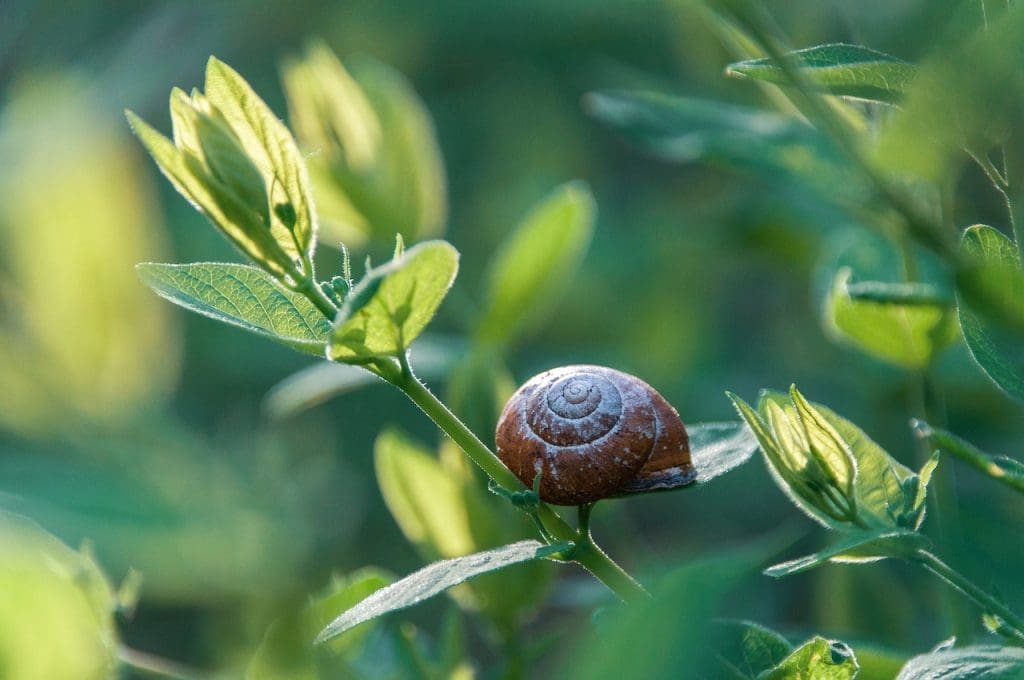
The Impact of Alligator Weed
Understanding the detrimental impacts of alligator weed is essential. It displaces native vegetation, disrupts water flow, hinders recreational activities, and can even exacerbate flooding. Moreover, it creates an ideal breeding ground for mosquitoes and other pests, leading to public health concerns.
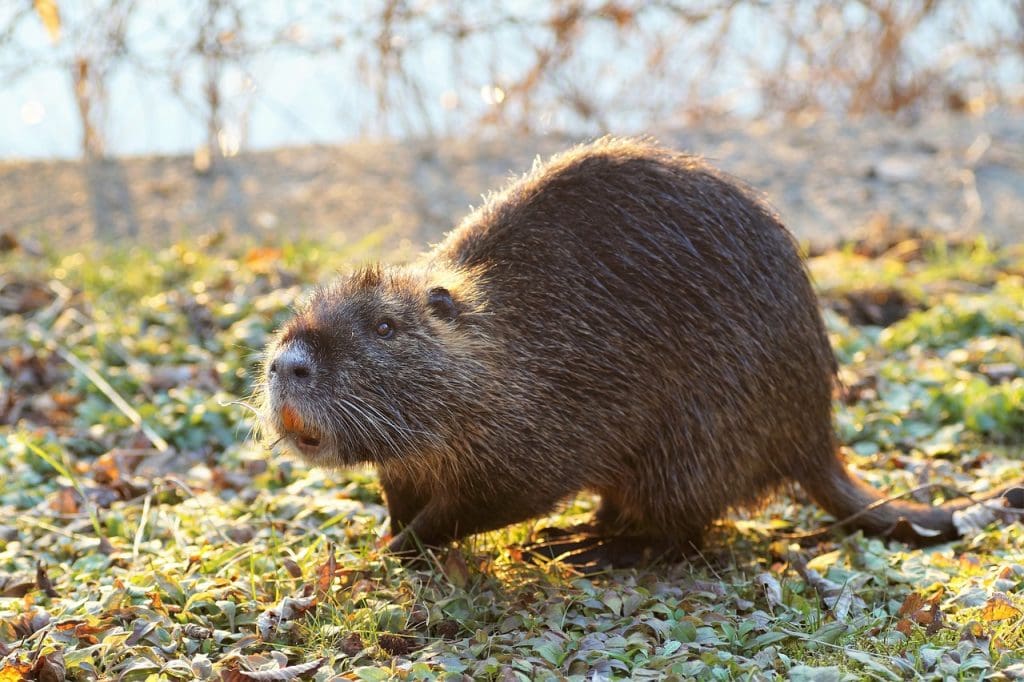
How Does Alligator Weed Spread?
Alligator weed can spread rapidly through both vegetative reproduction and fragmentation. Pieces of the plant can float downstream, settle, and establish new colonies. This characteristic makes early intervention crucial to preventing its proliferation.
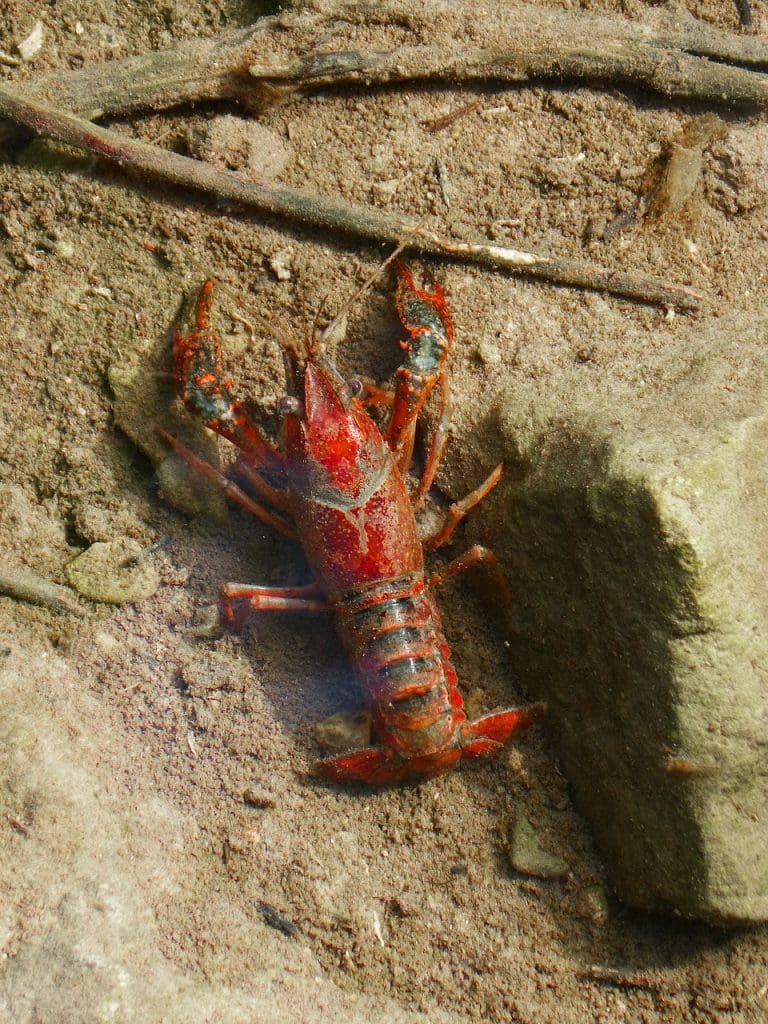
Top 10 Ways To Prevent Alligator Weed Invasion
Preventing an alligator weed invasion requires a combination of strategies. Here are the top 10 methods, detailed for your understanding and implementation:
1. Regular Monitoring and Early Detection
Regular monitoring of waterways is the first step in managing alligator weed.
Why It’s Important:
Early detection allows for quick response, minimizing the spread and damage. Monitoring should include:
- Regular inspections by environmental agencies and local communities.
- Use of drones or remote sensing technology for hard-to-reach areas.
- Seasonal checks, especially during the growing season.
Steps to Implement:
- Train volunteers and staff to identify alligator weed.
- Establish a monitoring schedule.
- Utilize technology for effective coverage.
2. Physical Removal
Physically removing alligator weed can be effective for small infestations.
Why It’s Effective:
Physically removing the plant helps in preventing its spread by eliminating the seed source and vegetative fragments.
Steps to Implement:
- Manually pull the plants, ensuring complete root removal.
- Use equipment like aquatic weed harvesters for larger areas.
- Dispose of the removed plants properly to prevent re-establishment.
| Tip | Description |
|---|---|
| Tools Needed | Hand tools, aquatic weed harvester, disposal bags |
| Timing | Best done in the early stages of infestation |
3. Biological Control
Biological control involves using natural predators to control the weed population.
Why It Works:
Certain insects and fungi can naturally reduce alligator weed populations without harmful chemicals.
Steps to Implement:
- Identify and introduce appropriate biological control agents, such as the alligator weed flea beetle.
- Monitor the effectiveness and impacts on non-target species.
- Follow guidelines and regulations regarding the use of biological agents.
4. Chemical Control
When other methods are ineffective, chemical control can be considered.
Why It’s Necessary:
Herbicides can be effective for large infestations where physical or biological methods are insufficient.
Steps to Implement:
- Use EPA-approved aquatic herbicides.
- Apply chemicals during the growing season for maximum effectiveness.
- Follow safety guidelines to protect water quality and non-target organisms.
5. Mechanical Control
Mechanical control methods use machines or mechanical tools.
Why It’s Useful:
Mechanical methods can quickly reduce alligator weed biomass in large areas.
Steps to Implement:
- Utilize mechanical mowers, dredges, or harvesters.
- Regularly maintain equipment to ensure efficiency.
- Combine with other control methods for integrated management.
| Method | Equipment Used | Benefits |
|---|---|---|
| Mechanical Mowing | Aquatic mowers | Reduces biomass quickly |
| Dredging | Dredgers | Effective for deep water areas |
| Harvesting | Aquatic harvesters | Captures and removes vegetation |
6. Preventative Measures
Prevention is always better than cure. Implementing measures to stop alligator weed from entering waterways is crucial.
Why It’s Effective:
Preventative measures reduce the likelihood of introduction and spread.
Steps to Implement:
- Educate the public about the risks of transporting plants between water bodies.
- Enforce regulations that prohibit the sale and transportation of alligator weed.
- Install barriers or screens in vulnerable waterways to capture plant fragments.
7. Habitat Restoration
Restoring native vegetation can help combat alligator weed invasion.
Why It Works:
Healthy ecosystems with robust native plant communities are more resilient to invasions.
Steps to Implement:
- Replant native species to outcompete alligator weed.
- Enhance riparian buffers to stabilize banks and reduce erosion.
- Monitor restoration sites to ensure successful establishment.
8. Community Engagement
Engaging the community is vital for long-term prevention and control.
Why It’s Important:
Community involvement boosts local stewardship and increases detection and reporting.
Steps to Implement:
- Organize workshops and training sessions for local residents.
- Create volunteer programs for monitoring and removal.
- Use social media and local media outlets to raise awareness.
9. Research and Development
Ongoing research is essential to develop new and improved control methods.
Why It’s Crucial:
Research helps adapt to changing environmental conditions and emerging threats.
Steps to Implement:
- Support academic and governmental research initiatives.
- Stay updated with the latest findings and implement new techniques.
- Collaborate with other regions facing similar challenges for knowledge exchange.
10. Integrated Management Plan
An integrated management plan combines various control methods for comprehensive management.
Why It’s Effective:
Using multiple approaches reduces reliance on any single method and improves overall effectiveness.
Steps to Implement:
- Develop a management plan incorporating physical, biological, chemical, and mechanical controls.
- Set short-term and long-term goals for control.
- Regularly review and adapt the plan based on monitoring results and new research.
| Component | Description |
|---|---|
| Physical Control | Manual and mechanical removal |
| Biological Control | Introduction of natural predators |
| Chemical Control | Use of approved herbicides |
| Educational Programs | Raising public awareness |
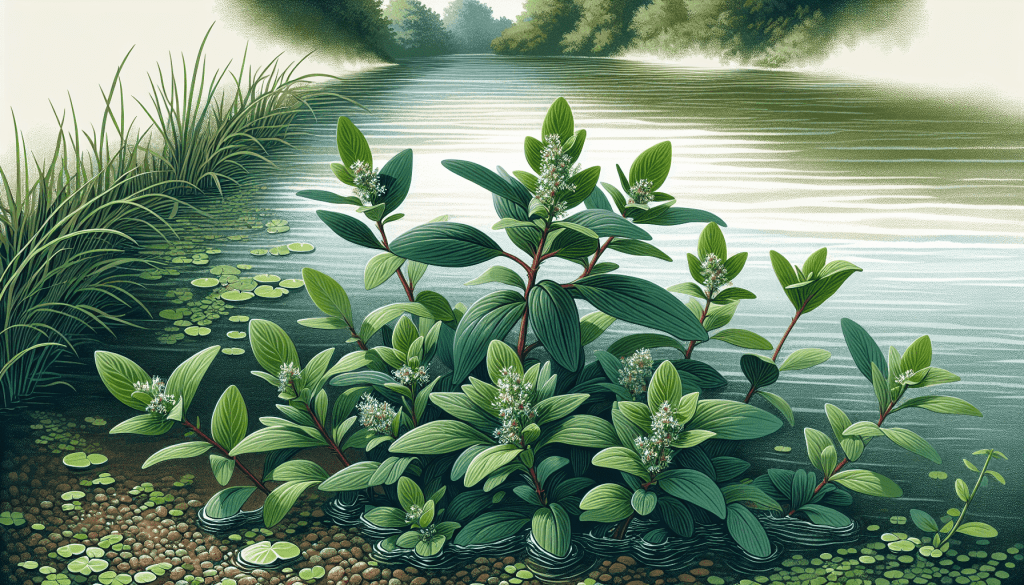
Conclusion
Preventing alligator weed invasion requires a multifaceted approach, combining early detection, manual removal, biological control, mechanical and chemical methods, along with strong community engagement and continuous research. By implementing these top 10 strategies, you can contribute to preserving your local waterways and maintaining ecological balance.
Remember, prevention and early intervention are key. Take action today to protect your waterways from the harmful impacts of alligator weed. Your efforts can make a significant difference in maintaining healthy and vibrant aquatic ecosystems.
Feel free to reach out if you need more information or assistance in combating alligator weed in your area. Together, we can keep our waterways clean and healthy!
